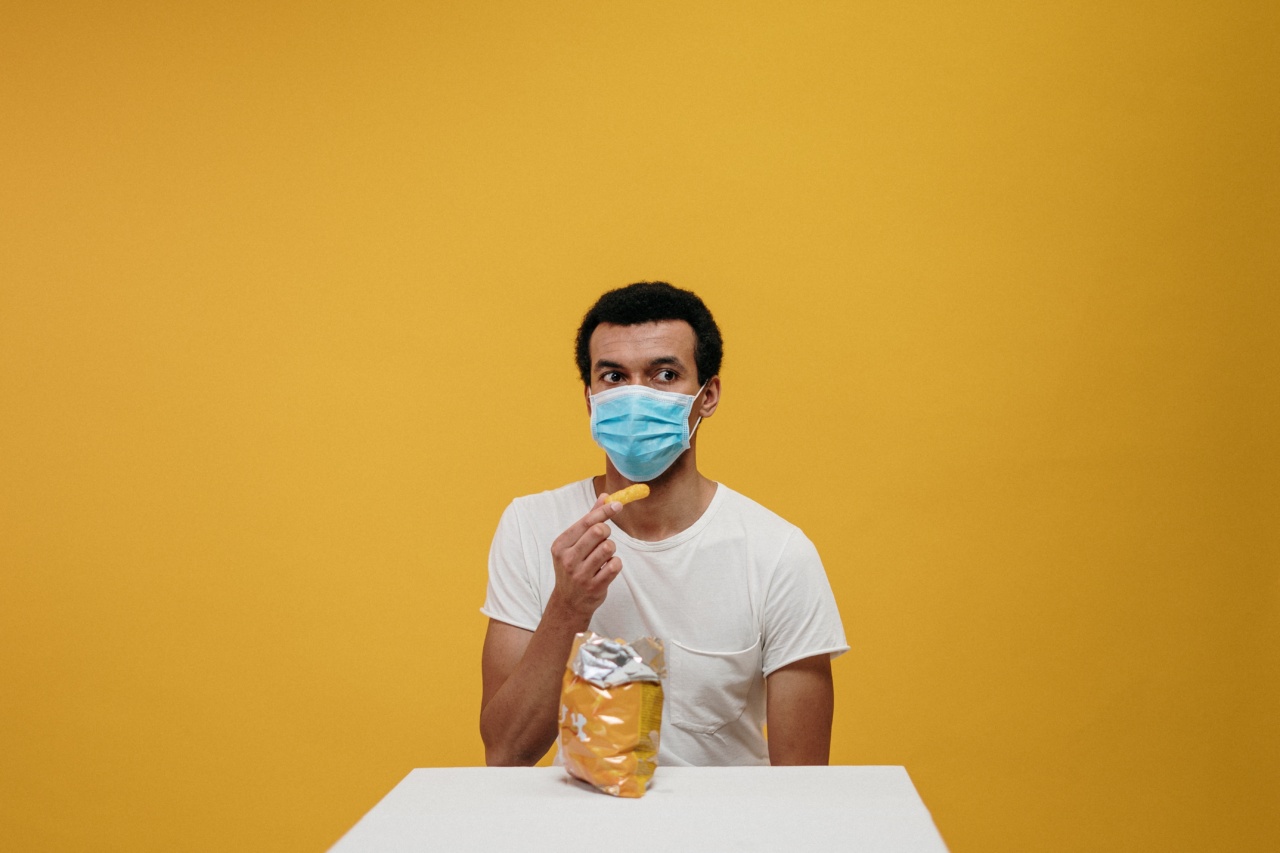As food is an essentiality for survival, it is necessary to ensure its safety before consumption. Food safety is a crucial aspect that determines the health and well-being of individuals.
Any form of contamination in food can lead to various diseases and infections that can be fatal. Therefore, it is vital to consider various factors that affect the safety of food.
What is Food Safety?
Food safety refers to the measures and procedures taken to ensure that food is free from any contamination and is safe to eat.
Food contamination refers to any form of biological, chemical, or physical agents that affect the quality of food and makes it unsafe for consumption. Contamination can occur at any stage, right from the production, processing, packaging, storing, and distribution of food.
The Importance of Food Safety
The significance of food safety cannot be overstated. The consumption of contaminated food can lead to various diseases, including food poisoning, diarrhea, fever, and vomiting.
This is especially dangerous for people with weakened immune systems such as children, the elderly, and pregnant women. Additionally, contamination can also lead to deaths in some instances. Therefore, it is imperative to prioritize food safety to prevent the spread of diseases and save lives.
Factors Affecting Food Safety
Food safety is influenced by various factors, including:.
1. Microbial contamination
Microbial contamination refers to the presence of microorganisms such as bacteria, viruses, and fungi in food. These microorganisms can cause diseases when ingested, leading to severe health implications.
2. Chemical contamination
Chemical contamination occurs when food is exposed to hazardous chemical substances that can affect its quality and safety. Chemicals can get into food during production, processing, packaging, and storage.
They can lead to poisoning, cancer, and other severe health implications when consumed.
3. Physical contamination
Physical contamination occurs when foreign objects such as glass, metals, and plastic get into food products. This can happen during the manufacturing process, packaging, or distribution.
Consumption of contaminated food can lead to severe injuries such as internal bleeding, cuts, and choking.
Ways to Ensure Food Safety
Several ways can be adopted to ensure food safety. These include:.
1. Proper Handling and Storage
It is crucial to handle and store food properly to avoid contamination. Food should be stored at the appropriate temperatures to prevent the growth of bacteria. Additionally, all food products should be stored separately to avoid cross-contamination.
Raw foods should be kept apart from cooked foods to avoid bacterial contamination.
2. Proper Cleaning and Sanitizing
All surfaces that come into contact with food, including countertops, utensils, and equipment, should be cleaned and sanitized regularly to eliminate bacteria and other contaminants.
3. Proper Cooking and Heating
Proper cooking and heating of food products is vital to kill all forms of bacteria and viruses that may be present. All food should be cooked to their recommended temperatures to prevent the risk of illness.
4. Regular Inspection of Food Products
Periodic inspection of food products to ensure that they meet the required standards is crucial to prevent contamination.
Produce should be thoroughly inspected for any bruises or damage, and meat should be examined for any signs of spoilage or discoloration.
5. Effective Packaging and Labeling
Effective packaging and labeling of food products should be done to prevent contamination and promote food safety. All food products should be appropriately labeled with their contents, nutritional information, and expiration dates.
The Role of Government in Ensuring Food Safety
The government plays a significant role in ensuring food safety. Governments establish regulations and guidelines that food manufacturers and restaurants must follow to ensure that food products are of high quality and safe for consumption.
They also conduct regular inspections and audits of food facilities to ensure they comply with these regulations and guidelines.
Conclusion
Food safety is a crucial aspect that cannot be overlooked. By following the recommended procedures and guidelines, we can ensure the safety and quality of food products, reducing the risk of illness and disease.
It is essential to be on the lookout for any contamination and to report any suspected cases to relevant authorities to prevent the spread of diseases.




























